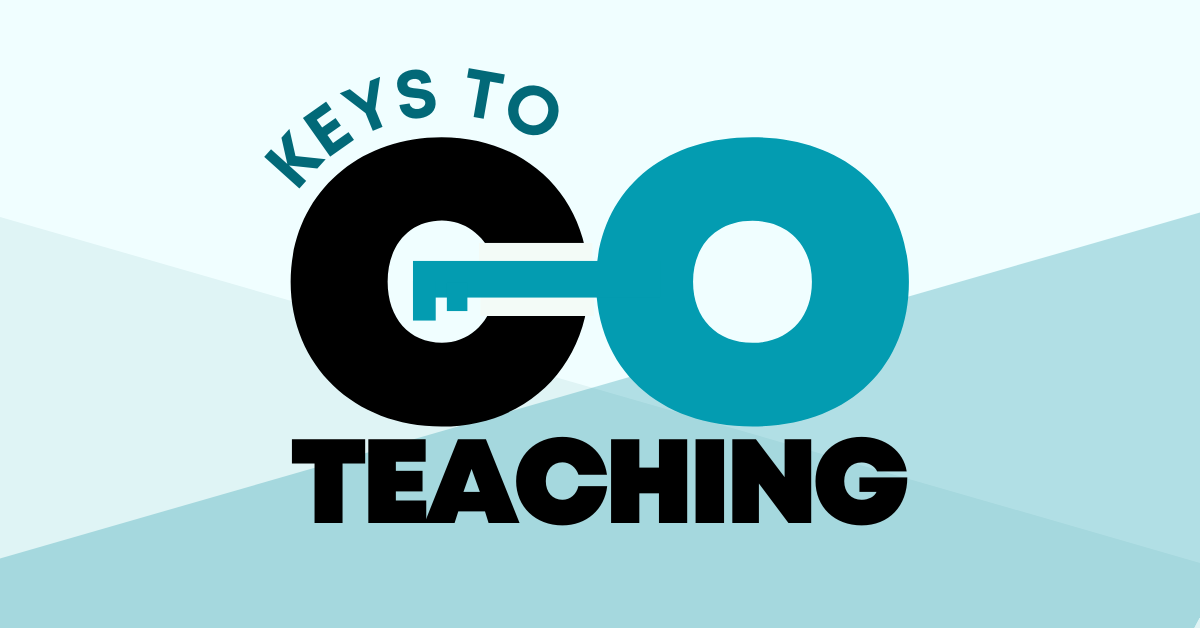|
Look beyond traditional forms of data to choose a co-teaching approach that aligns with your students' needs and goals.
Throughout my time as a coach at CPET, I’ve done a lot of professional development around co-teaching, and one problem I face is this: teachers, ever the committed and curious group, often want to try out whatever co-teaching approach we’re modeling and discussing right away — like in the next day’s lesson.
You might be wondering: wait, why is this a problem? And I agree — this is a pretty good “problem” to have. I am so heartened when teachers exhibit this kind of eagerness and openness. At the same time, I worry that professional development on co-teaching can sometimes be interpreted as a “bag of tricks” to try and apply at random. We must remember that not all co-teaching models are equally effective in any given situation; we must select them thoughtfully and intentionally with our specific students, context, and content in mind. Ideally, and as much as possible, we want to choose a co-teaching approach based on a) our learning goals for students and b) what our data tells us about students’ relationship to those goals. What do I mean by data?
Before I offer some specifics, I have to admit something: my former self — my early-career classroom teacher self — might have rolled my eyes at my current-coach-self writing an article on data-informed co-teaching. This is because I had a very narrow definition of data; I associated the word only with the scores that resulted from high-stakes and standardized testing. As a Special Education teacher, I was committed to seeing my students as more than a number, and so I resisted exclusively quantitative approaches to data analysis.
As a coach, I am still committed to seeing students as more than a test score, but my definition of data has broadened over the years. While quantitative data analysis might have its place, I have come to understand student writing, student surveys, exit tickets, student conferences, and classroom observation as valuable data points that should inform instruction. As you consider the examples below, I encourage you to think of these things as data, too. Using data to choose a co-teaching model
Here is a glimpse into how your classroom data might inform your co-teaching approach. Below are three of the six co-teaching models and how different data insights might lead you to choose that particular model.
You might use Station Teaching if…
You might use Alternative Teaching if….
You might use One Teach, One Observe if…
In reality, there are many factors that inform our decisions about our co-teaching approach: our physical space, our co-teaching relationship, our principal’s preference, or the amount of time we have to co-plan. Content-specific considerations are also crucial; not all lessons would be well-suited for a stations lesson, for example. I am not naive to these factors and the impact they have on teachers’ practices. At the same time, I think it is helpful to remember that our co-teaching approaches should be serving our students, and not the other way around.
|
|
The Center for Professional Education of Teachers (CPET) at Teachers College, Columbia University is committed to making excellent and equitable education accessible worldwide. CPET unites theory and practice to promote transformational change. We design innovative projects, cultivate sustainable partnerships, and conduct research through direct and online services to youth and educators. Grounded in adult learning theories, our six core principles structure our customized approach and expand the capacities of educators around the world.
|
ABOUT US
525 West 120th Street, Box 182 New York, NY 10027 416 Zankel Ph: (212) 678-3161 [email protected] Our Team Career Opportunities |
RESOURCES
Professional Articles Ready-to-Use Resources Teaching Today Podcast Upcoming PD Opportunities |
COACHING SERVICES
Custom Coaching Global Learning Alliance Literacy Unbound New Teacher Network Student Press Initiative |


























